News
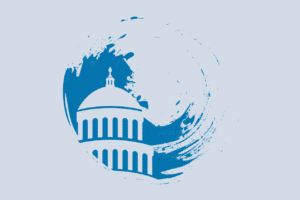
HUD Submits CDBG Partnership Report to Congress
Last week HUD submitted its report on Community Development Block Grant (CDBG) Partnership Challenges and Opportunities at the Local, State, and Federal Level to the House and Senate Appropriations committees. The report identifies the following challenges and opportunities to building partnerships with local organizations.

Report Suggests ‘Internet Rating’ for Updated CRA Assessment Areas
In a new paper, Mark Willis with the Furman Center, suggests including an ‘Internet Rating’ in a modernized Community Reinvestment Act (CRA) framework since the current assessment areas used to delineate the primary geographies within a bank’s CRA test do not adequately account for the rise of internet banking. Under his proposal, banks would be […]
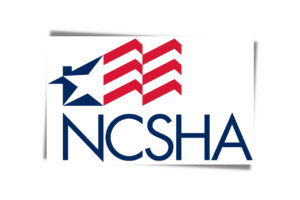
NCSHA Releases Updated Model LIHTC Compliance Forms
NCSHA released revamped model forms for LIHTC compliance monitoring, developed in collaboration with its members and stakeholders. NCSHA’s Recommended Practices in LIHTC Administration encourage housing finance agencies to adopt model forms, which help standardize compliance monitoring practices across states and create efficiencies for development owners and other LIHTC industry professionals.
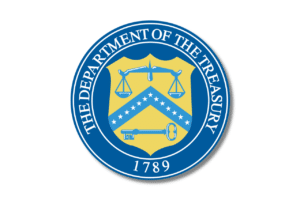
CDFI Fund Releases FY 2019 CMF Application Demand
The U.S. Department of the Treasury’s Community Development Financial Institutions Fund (CDFI Fund) released the application data for the fiscal year (FY) 2019 round of its Capital Magnet Fund program. A total of 113 organizations submitted applications requesting more than $522 million in funding. The applicants propose to serve 49 states, the District of Columbia and Puerto Rico. In total, 58 percent of the applicants are certified Community Development Financial Institutions (CDFIs), and the remaining 42 percent of the applicants are nonprofit affordable housing organizations.
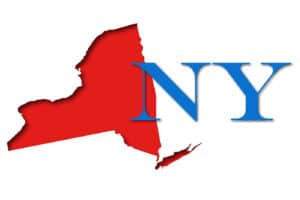
New Legislation Would Authorize Additional $70 Billion for Public Housing Capital Fund
Representative Nydia Velázquez (D-NY) introduced the Public Housing Emergency Response Act (H.R. 4546), which would authorize an additional $70 billion to HUD’s Public Housing Capital Fund. The bill claims the national public housing capital needs backlog was over $70 billion in April of 2019, including $32 billion for the New York City Housing Authority.

Rep. Case Introduces Legislation Aimed at Airbnb, HomeAway
Representative Ed Case (D-HI) introduced the Protecting Local Authority and Neighborhoods Act (H.R. 4232), which would hold tech platforms like Airbnb and HomeAway responsible for illegal short-term rentals. Section 230 of the Communications Decency Act (CDA) prevents tech companies from being held legally responsible for most content posted by third parties. State and local governments have passed legislation banning short-term rentals that can deplete the stock of affordable housing, but tech rental platforms are using Section 230 of the CDA to sue or delay the laws from being implemented.

Senate Introduces Companion Rural Housing Preservation Act of 2019
Senators Jeanne Shaheen (D-NH) and Tina Smith (D-MN) introduced the Rural Housing Preservation Act of 2019 (S. 2567). The bill would expand U.S. Department of Agriculture (USDA) Rural Development (RD) rental assistance programs, permanently authorize the U.S. Department of Agriculture’s (USDA) Multifamily Housing Preservation and Revitalization program, and direct RD to better align its policies […]
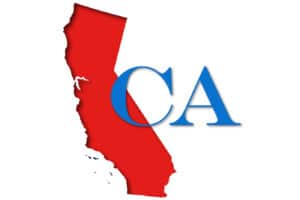
California Rent Control – What Investors Need to Know
Marcus & Millichap will host a webinar on October 10 at 1:00 pm EDT to discuss the recently-passed California Tenant Protection Act of 2019, also known as CA Assembly Bill 1482. The panelists (John Sebree, Marcus & Millichap; Jim Lapides,National Multifamily Housing Council; Damon Conklin,Federation of California Builders Exchanges; and John Chang, Marcus & Millichap) […]
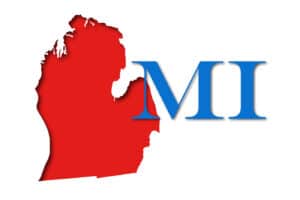
Quicken Loans, City of Detroit Release Sustainable Financing for Healthy Housing RFP
The Quicken Loans Community Fund, the City of Detroit Housing and Revitalization Department and Quantified Ventures are seeking applications from local organizations that holistically tackle housing challenges affecting the health and well-being of the Detroit community – either by eliminating systemic barriers to housing, or by securing safe, quality housing for low-income and typically underserved […]

DC Commits to Deliver 36,000 housing Units by 2025, Launches Housing Data Blog
Following a report from the Urban Institute that estimates the Washington, DC region needs 374,000 more housing units by 2030, the Metropolitan Washington Council of Governments approved regional housing targets. DC Mayor Muriel Bowser set a goal to deliver 36,000 housing units by the year 2025. The office of the Deputy Mayor for Planning & […]

Rockefeller Foundation Selects DC, Oakland, Dallas and St. Louis for Opportunity Zones Initiative
The Rockefeller Foundation announced $3.7 million in grants that will benefit four U.S. cities to help drive responsible private investment in Opportunity Zones. The Foundation named Washington, D.C., Oakland, Dallas and St. Louis as the newest participants in its Opportunity Zone Community Capacity Building Initiative, which launched in May 2019. The initiative will help cities […]

Federal Housing Finance Agency News
It’s been a busy week for the Federal Housing Finance Agency (FHFA). During the American Credit Union Mortgage Association’s Annual Conference, Director Mark Calabria shared his concerns about volume-based pricing discounts on Guarantee Fees (G-Fees). FHFA issued a confidential administrative directive to Fannie Mae and Freddie Mac restricting competition on G-Fees
FHFA sent a letter to the 11 Federal Home Loan Banks (FHLBanks) instructing them that, as of December 31, 2019, they should stop purchasing investments in assets tied to London Interbank Offered Rate (LIBOR) with a contractual maturity beyond December 31, 2021.
FHFA announced modified Preferred Stock Purchase agreements with Fannie Mae and Freddie Mac that allow the GSEs to retain capitals of up to $25 billion and $20 billion, respectively. The move ends the capital sweep on earnings above $3 billion that was put into place in 2008 when the GSEs entered conservatorship.
Finally, FHFA announced an agreement with Simone Grimes who accused former director Melvin Watt of sexual harassment.